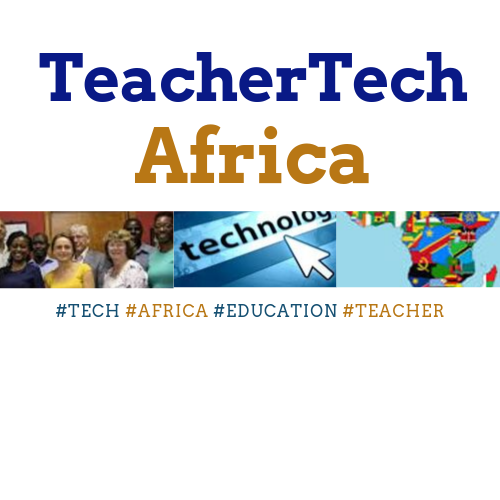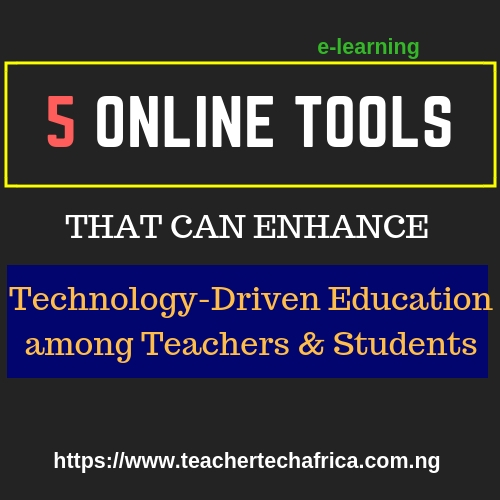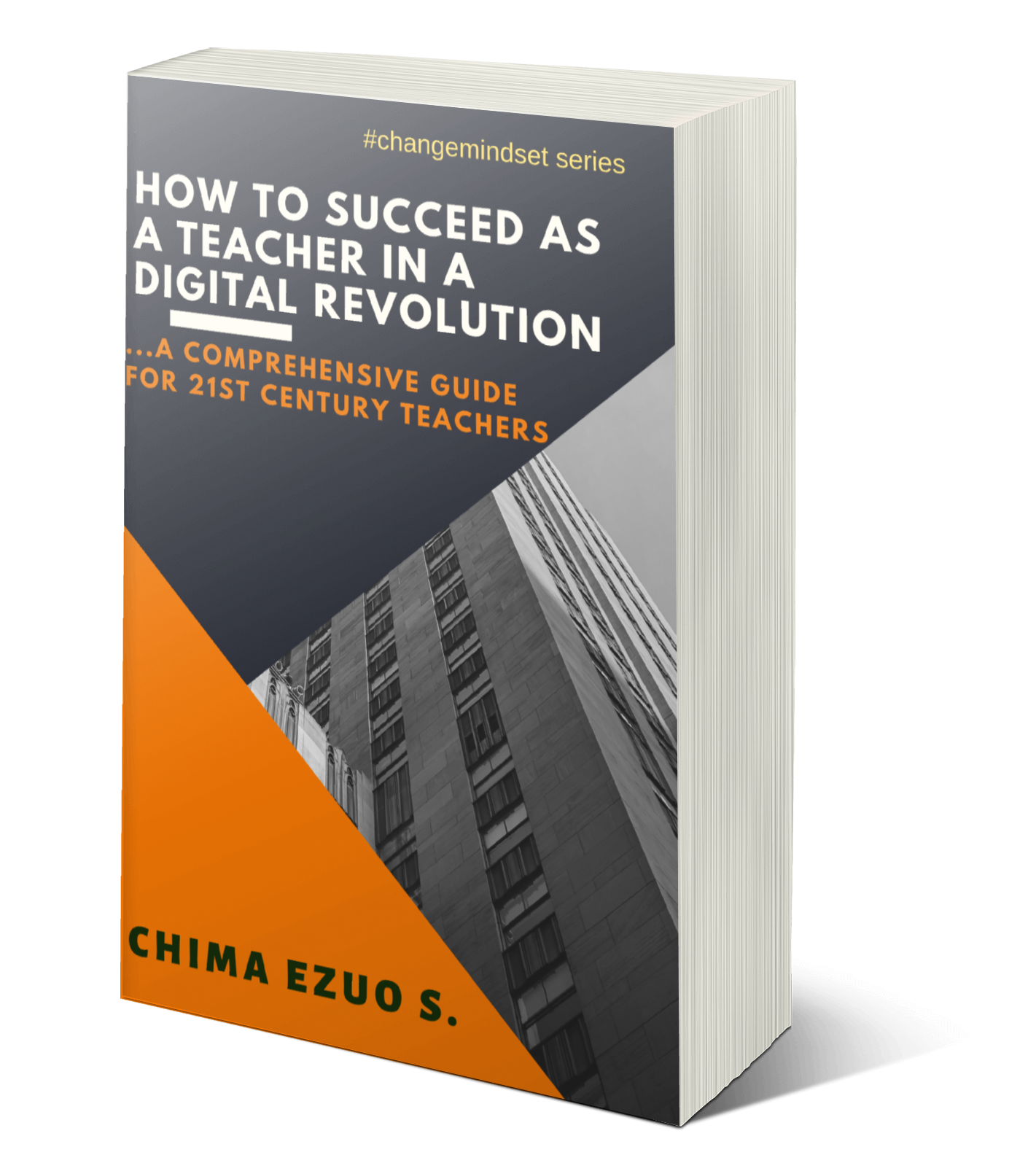trainings
13:16
Integrating Digital Literacy in Africa and the Need for Teachers' Training
I’ve spoken a lot about the importance of technology in education, and how it can help to facilitate sufficient learning and bring effective teaching to learners in the more remote areas.
Related posts:
Digital Literacy: the 21st century Perspective
#EduTEaCHAfrica Launches Tech Training program for Nigerian Schools and Teachers
The Basic Tools for E-learning Takeoff in African Schools
Preparing the Next African Generation through Digital Literacy Integration
Digital Literacy: the 21st century Perspective
#EduTEaCHAfrica Launches Tech Training program for Nigerian Schools and Teachers
The Basic Tools for E-learning Takeoff in African Schools
Preparing the Next African Generation through Digital Literacy Integration
Technology-driven education can be harnessed in a variety of ways to improve the quality and reach of education across Africa.
All this is very promising. However, if we are able to use technology appropriately and effectively in the process of educating our children, we first need to make sure that our teachers are thoroughly familiar and comfortable with the technologies and teaching methods themselves.
In order for teachers to deploy technology, they need training in it. What we often lose sight of when we think about all the potential that technology holds for education, is that there is still a significant human element involved. No matter what technology is used, someone still needs to do the actual teaching, as well as provide learners with the necessary support when using the technology. At least until we invent teacher robots
So while we are already seeing the deployment of technology in some African classrooms, this has to be combined with comprehensive teacher training, not only in the use of the technology, but in how to teach learners to use it.
Education experts believe that there is a vast amount of teacher training that has to occur before we will be able to reap the full benefits of technology in the classroom.
In many cases before we can get to the point of actually beginning teacher training in technology, we need to overcome existing hesitance and attitudes, and sometimes even fear of technology.
There is often a techno-phobic reaction among people who are not familiar with it. This is usually caused by a lack of previous exposure.
In Africa, we need to face the challenge of teachers themselves being completely unfamiliar with technology and having a resistance to implementing it in the classroom. This resistance isn’t due to them being anti-technology; it’s simply that they are unsure of it and don’t feel comfortable using it. It’s this orientation that first needs to be changed, so that teachers can fully embrace the technology that they will be using.
Another challenge is school owners buying into it. We know there are lots of training programs going on across African schools for teachers. However, most of these training still revolve around the conventional classroom practice; technology is always out of the equation.
If schools adopt technology-driven education as part of teachers' engagement policy, there is no way teachers could resist it. The issue here is that we don't seem to have realized the need for technology in our learning process; or maybe, we've learnt but are hypocritical about it, possibly because we don't care about the future of our children.
The most fundamental thing to establish when training teachers in the use of technology is relevance. Much of the resistance to technology adoption comes from a lack of appreciation of its relevance to the day-to-day business of teaching. We need to assist teachers to grasp this relevance – to their subjects and to their teaching methods.
We need to clearly show teachers how technology can improve their teaching and create better learner performance. This can only be done using face-to-face training, where a human experience is combined with technology.




























